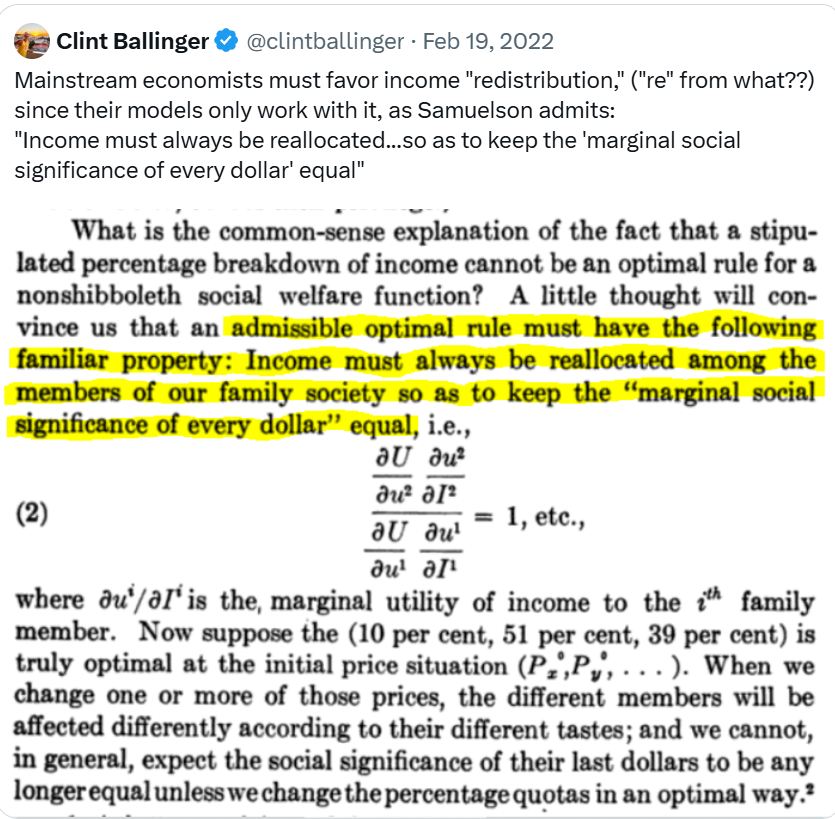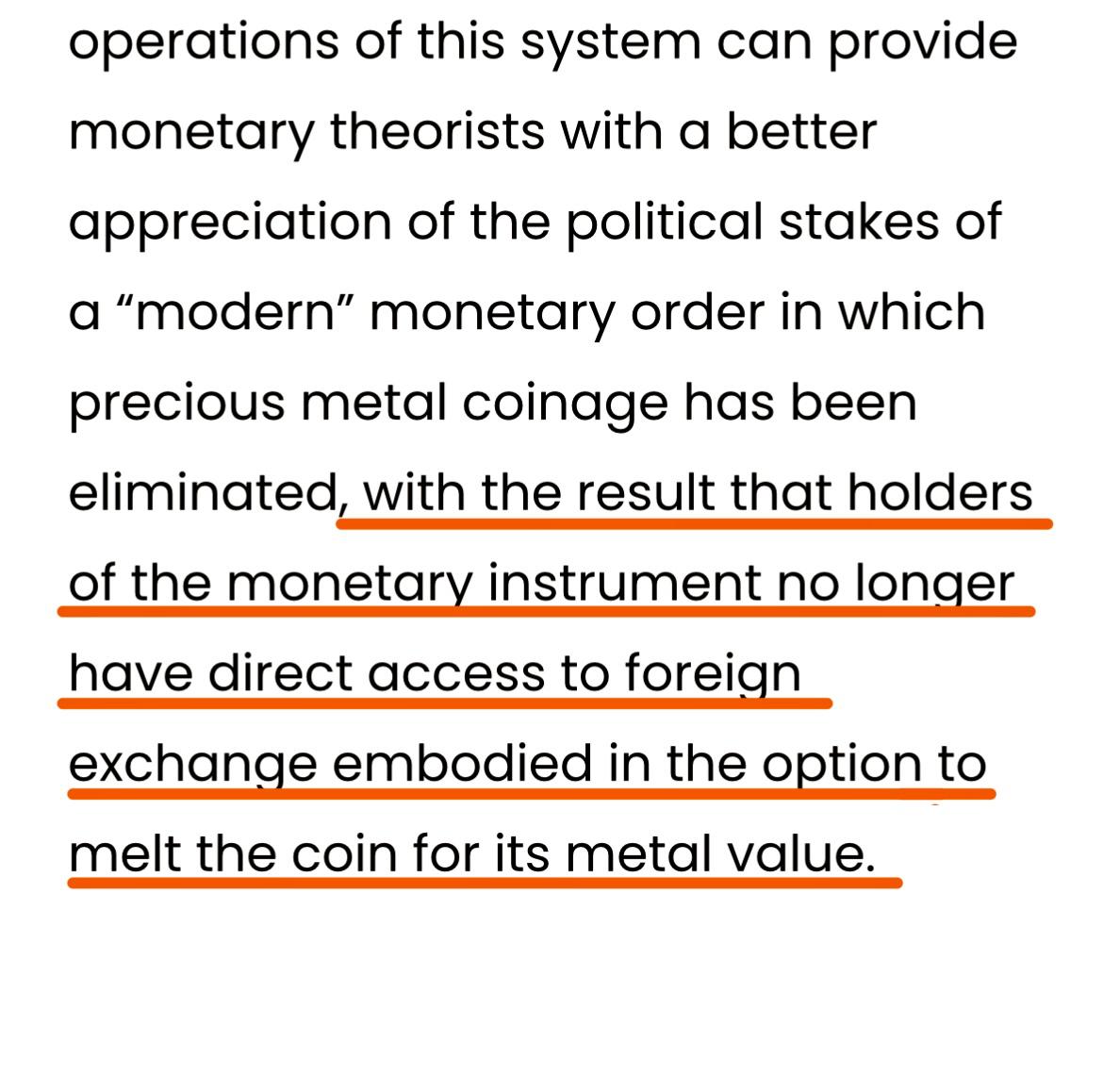
The emerged economy | The built economy Book: https://t.co/JGGNnF2R41
How to get URL link on X (Twitter) App



https://x.com/drumm_colin/status/1971629868879347984much later, & both the institutional change AND the understanding of monetary systems were torturously slow to change; it happened more by emergence w most key actors still not fully grasping the change (if they did, we would not have own-currency Sov Bonds, nor Central Banks of

https://twitter.com/brad_setser/status/1909740555837522318Literally no one knows wtf is going on.
https://twitter.com/clintballinger/status/1716446321719284216The DSS paper argues that by putting a ceiling on bank-deposit interest rates, Regulation Q stopped the transmission of interest rate hikes (Fed funds rate), thereby breaking the primary tool of the Fed from 1965~1980 when Q became binding on bank deposit rates.

 Myths on 1970s inflation sadly still shape the beliefs of the economists who have the ears of policymakers.
Myths on 1970s inflation sadly still shape the beliefs of the economists who have the ears of policymakers. 

 Now imagine the people in A have carved out a country.
Now imagine the people in A have carved out a country. 



 "African governments are paying interest of 5%-16% on 10-year gov bonds, compared to near 0 to negative rates in Europe/America. On avg, - highest expenditure portion/fastest growth expenditure in sub-Saharan Africa’s fiscal budgets." theconversation.com/african-countr…
"African governments are paying interest of 5%-16% on 10-year gov bonds, compared to near 0 to negative rates in Europe/America. On avg, - highest expenditure portion/fastest growth expenditure in sub-Saharan Africa’s fiscal budgets." theconversation.com/african-countr…
https://twitter.com/kweiner01/status/1412677203276431363?s=19..& many if their econ "teachers," will always think there is a "debt" problem as long as we have our current rococo system. Smart ppl know all spending by currency issuers shakes out to be direct spending,& the repo/primary dealers/treasuries system is irrelevant. Public doesn't